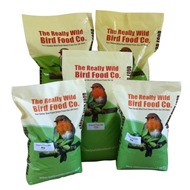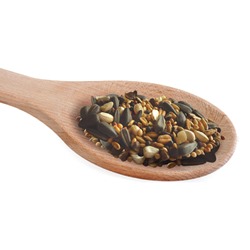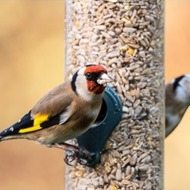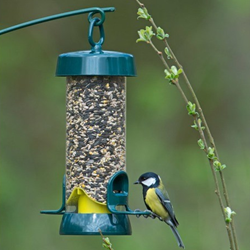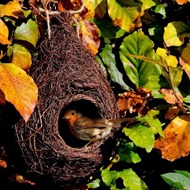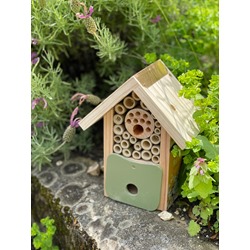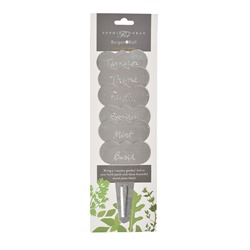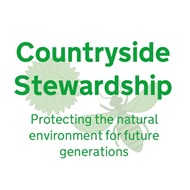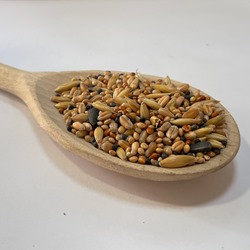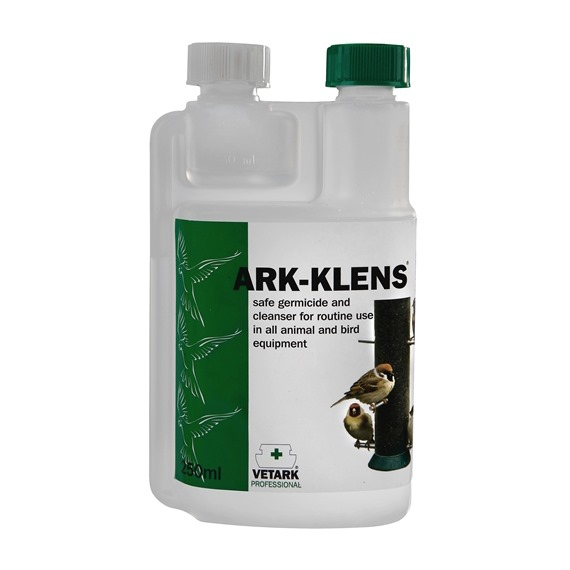
Regularly cleaning and disinfecting your bird feeders is just as important as filling them - especially when it comes to preventing salmonellosis, a bacterial disease that kills many small birds.
Salmonellosis occurs when a food source is contaminated with faecal matter. Since 1970, when the bacterial disease was first diagnosed, fatalities around bird feeders have become more common and have been witnessed in many bird species throughout the world.
So it's crucial to keep your bird feeders clean in order to protect your local birds from salmonellosis and diseases like it (as well as fungal growths, which can be hazardous to the health of many birds).
How often should I clean my bird feeder?
Knowing how often to clean your bird feeders is very important. Feeding surfaces should be scraped at least once a week to remove bird droppings and old food. More frequent scraping is recommended during busy seasons or wet and humid weather. A scraper tool is handy for this job.
Additionally, you should clean your bird table with a suitable disinfectant every two weeks. We recommend Ark-Klens™ disinfectant for this job.
View more bird feeder cleaning products >
How to disinfect a bird feeder
Disinfect your feeders once a fortnight. Use quaternary ammonium disinfectant and be sure to read the instructions carefully before use - you'll need to dilute the disinfectant with water and wait a few minutes before rinsing it off.
Tips on how to clean a bird feeder
- Before you start cleaning your bird feeder, throw away the contents so that the feeder is totally empty.
- Once the feeder is empty, soak all of the parts in warm water and washing up liquid for 15-20 minutes.
- When cleaning bird feeders, wear gloves. Be sure to wash your hands afterwards.
- Clean bird feeders outside and DON'T use any of the utensils you use to clean your own dishes, cutlery, etc.
- Don't allow lots of droppings and old, mouldy food to accumulate on your bird tables. Scrape feeding surfaces regularly.
- Use easy-clean bird feeders to make your life easier.
- A long cleaning brush is useful when cleaning tubular feeders.
- Rinse the feeder thoroughly with clean water to remove all soap then let the feeder dry completely before refilling it.
- Make sure your birds aren't dropping lots of food on the ground, as this can attract vermin. If you're having this problem, try our no-mess bird seed mixes.
- Every so often, move your bird feeders to a different part of your garden. Leaving them in the same place for too long can result in a build-up of bird droppings, which increases the risk of disease.
*
For more information about keeping your bird feeders clean and hygienic, check our Wild Bird Care page or get in touch with the experts here at Really Wild Bird Food. We'll do our best to answer any questions you have!
Ask us a question!
 Back
Back Bird Foods
Bird Foods
 Seed Mixes
Seed Mixes Straight Seeds
Straight Seeds Mealworms & Worms
Mealworms & Worms Chicken Feed
Chicken Feed Duck Food
Duck Food Peanuts & Peanut Butter
Peanuts & Peanut Butter Suet & Fat Balls
Suet & Fat Balls No Mess Bird Seed
No Mess Bird Seed Wheat Free Bird Seed
Wheat Free Bird Seed Sunflower Seeds
Sunflower Seeds Softbill Bird Food
Softbill Bird Food Bulk Bird Seed
Bulk Bird Seed Trial Packs
Trial Packs Pick & Mix
Pick & Mix Mini Pick & Mix
Mini Pick & Mix Birdie Basics: Budget Bird Food
Birdie Basics: Budget Bird Food Food for Small Birds
Food for Small Birds Back
Back Bird Feeders
Bird Feeders
 Seed Feeders
Seed Feeders Peanut Feeders
Peanut Feeders Peanut Butter Feeders
Peanut Butter Feeders Suet & Fat Feeders
Suet & Fat Feeders Window Feeders
Window Feeders Hanging Feeders
Hanging Feeders Feeding Stations
Feeding Stations Ground Feeders
Ground Feeders Easy Clean Feeders
Easy Clean Feeders Bird Tables
Bird Tables Seed Trays
Seed Trays Bird Baths & Drinkers
Bird Baths & Drinkers Feeder Accessories
Feeder Accessories Feeder Hygiene
Feeder Hygiene Squirrel Proof Bird Feeders
Squirrel Proof Bird Feeders For the Kids
For the Kids Niger Seed Feeders
Niger Seed Feeders Mealworm Feeders
Mealworm Feeders Bird Food Storage
Bird Food Storage Fat Ball Feeders
Fat Ball Feeders Tube Feeders
Tube Feeders



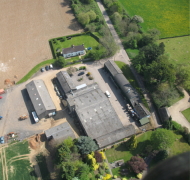 Our Farm
Our Farm
 Tips & Advice
Tips & Advice
Contact Us

